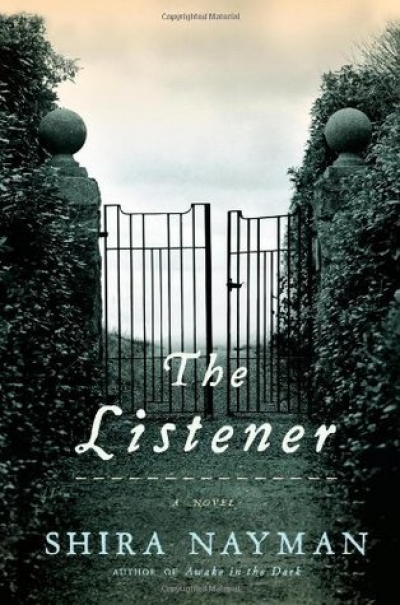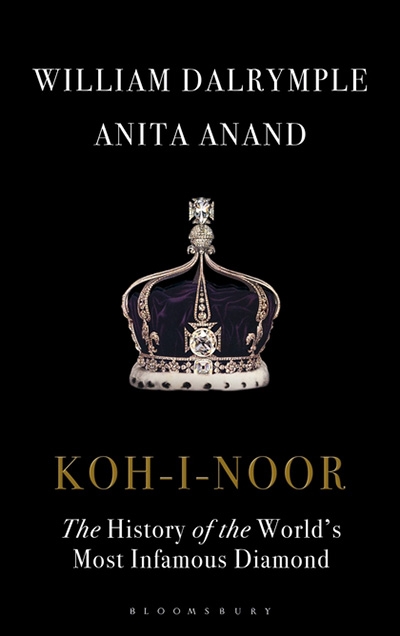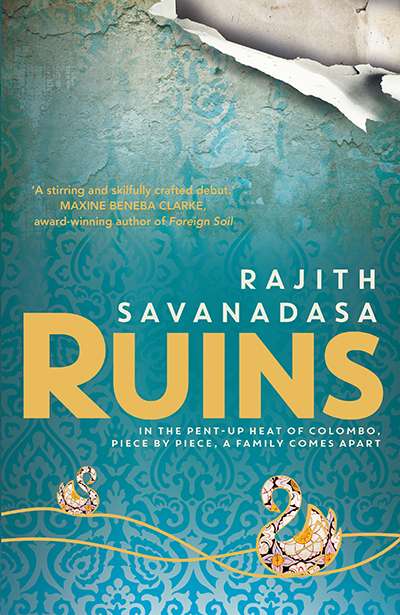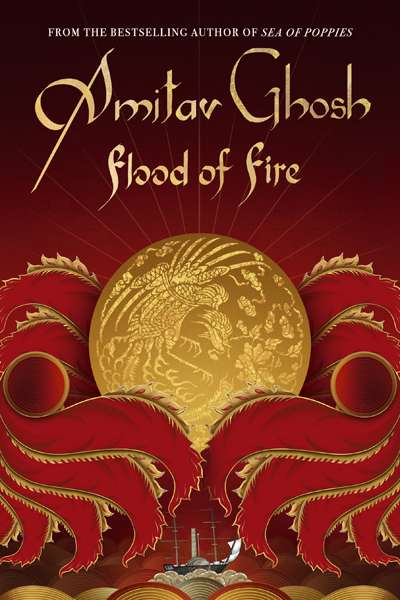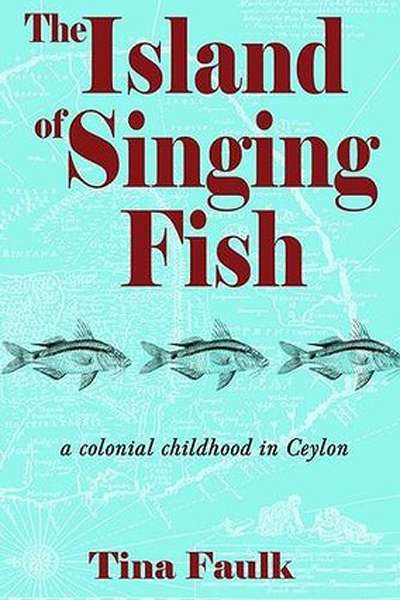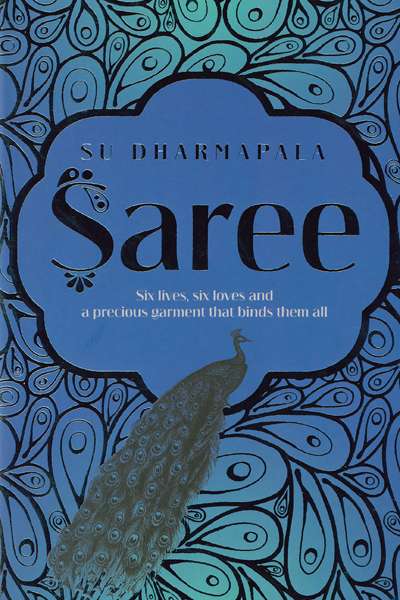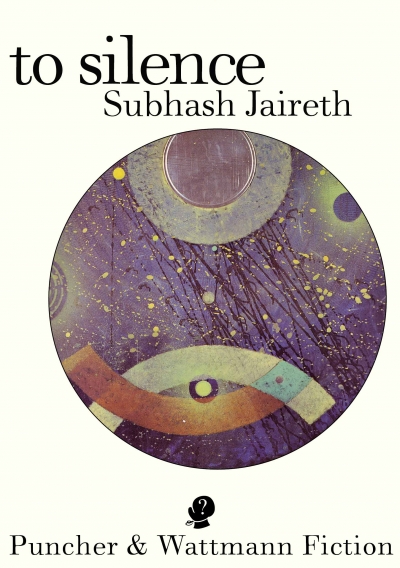Claudia Hyles
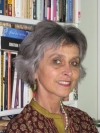
Claudia Hyles is a Canberra-based writer and reviewer with a great interest in South Asia. Her most recent book So You Can See In The Dark : And other Indian essays (Australian Scholarly Publishing, 2016)
The deadline for this review was 15 August, India’s Independence Day, freedom at midnight in 1947 for India and Pakistan (whose independence is celebrated on 14 August). The British euphemistically called it a ‘transfer of power’. The subsequent division was termed Partition, an anodyne definition of the act of severing. Centuries of surrender and snatching of the Koh-i-Noor saw many transfe ... (read more)
Ruins is the impressive début novel of Rajith Savanadasa, born in Sri Lanka and now living in Melbourne. He is founder and primary contributor to Open City Stories, a website documenting the lives of a group of asylum seekers in Melbourne, lives that may have been in similar ruins to those described in the book.
Five voices tell the story set in the anxious period at the end of the twenty-six-ye ... (read more)
Amitav Ghosh has spent more than ten years writing the Ibis trilogy, his fictional account of the turbulent years leading to the First Opium War of 1839–42. Flood of Fire follows Sea of Poppies (2008) and River of Smoke (2011). It is unnecessary to have read the earlier books, though reuniting with some of the characters is enjoyable.
The novel begins with the grand spectacle of the East India ... (read more)
Two government acts shaped Tina Faulk’s life: Ceylon’s 1956 Official Language Policy Act, known as the Sinhala Only Act, and Australia’s Immigration Restriction Act of 1901, better known as the White Australia policy. The first virtually disenfranchised not only Faulk’s Burgher community, but also Sinhalese and Tamil middle-class élites, whose primary language, outside the family circle, ... (read more)
In 515 bce, Scylax, explorer and storyteller, sets sail from Caspatyrus in King Darius’s empire. Eclipsing time, this antique glimpse shifts to an archaeological dig in Turkey in 1914, one that is abandoned when war breaks out.In the service of ‘king and country’, lives change immeasurably. Vivian Rose Spencer exchanges archaeology for nursing wounded soldiers in London hospitals. Qayyum Gul ... (read more)
‘Six lives, six loves and a precious garment that binds them all’ are words on the cover of expatriate Sri Lankan Su Dharmapala’s second novel. The book’s six sections follow the sequence of tying a saree – knot, first drape, pleats, second drape, the fall, and the finishing. Six lives are cleverly connected by a precious silken saree in Sri Lanka, India, and Melbourne. Initially, one im ... (read more)
Alice Melike Ülgezer’s début novel is both exotic and familiar: a story of journeys, physical and philosophical, of a family with its roots in Istanbul and Melbourne. The first of these is a short ferry crossing of the Bosporus taken by Ali, a young woman (or is she a young man? gender seems immaterial here) from Melbourne who is in Istanbul to visit her father’s family. Her father – vario ... (read more)
This year’s Jaipur Literature Festival (20–24 January) more than lived up to the Indian Ministry of Tourism’s slogan – ‘Incredible India’.
The festival was established in 2006 as a component of the Jaipur Virasat (Heritage) Festival, an arts event intended to showcase the varied and colourful Rajasthani culture. Performances of classical music and dance were held in the forecourts of ... (read more)
The voices of Subhash Jaireth’s three fictional autobiographies within To Silence are those of historical figures. Kabir (1440–1518) was a mystic poet associated with the reformist Bhakti or Devotional Movement in medieval India. An illiterate weaver, he rejected idolatry and caste, and his principally Hindu philosophy showed significant Islamic influence. Maria Chekhova (1863–1957), the cle ... (read more)

